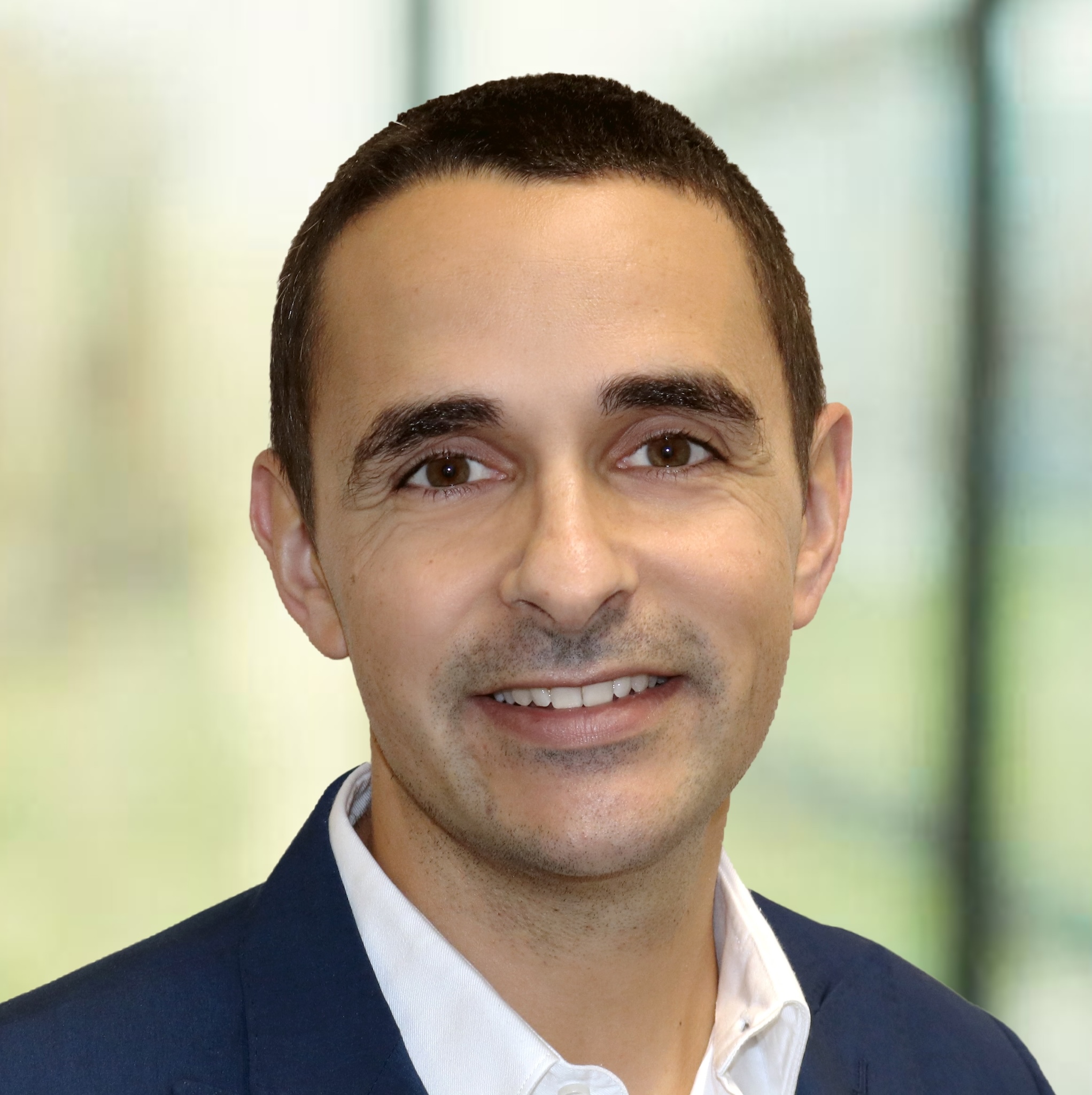
Cois Coiribe‘s ‘Day in the Life’ series showcases the diverse workings of our research and teaching life at University of Galway. We aim to spotlight researchers, academics, and students, sharing their experiences, challenges, and exciting discoveries!

This ‘Day in the Life’ feature focuses on Dr Pierangelo Rosati, Associate Professor in Digital Business & Society, College of Business, Public Policy and Law – J.E. Cairnes School of Business and Economics – BIS Discipline.
I am an Associate Professor in Digital Business & Society and a Funded Investigator of Lero, the SFI Research Centre for Software. Originally from Italy, I moved to Ireland nine years ago to work as a postdoctoral researcher at the Irish Centre for Cloud Computing and Commerce at DCU. I ended up spending seven years at DCU and was promoted to Assistant Professor in Business Analytics in 2018 before joining the University of Galway in September 2022.
My current research focuses on responsible use of digital technologies with projects exploring the factors influencing the adoption of digital technologies for sustainability purposes, urban rural digital divide, privacy and cybersecurity, and online hate speech.
My typical day starts between 5am and 6am with a lot of coffee! This is followed by breakfast and some chores around the house if our eight-week-old twins and our three-and-a-half-year-old stay quiet.
My current research has a strong focus on the responsible use of digital technologies. One of the key areas I’m looking at is digital sustainability, with an open-access, edited book on this topic upcoming. Another interesting project – for me, at least! – which will hopefully see the light of day soon looks at social acceptance of video-based sensors in the context of smart cities.
My research also looks at digital divides, and I am an institutional Principal Investigator (PI) on a project funded by the Department of Rural and Community Development (DRCD) that aims to assess the digital readiness of 26 rural towns in Ireland, completed as part of the Town Centre First plan.
Finally, I do research on online hate speech, particularly in the context of football and sports. This research stream of mine is directly linked to Tackling Online Hate in Football (TOHIF), a project funded by IRC and AHRC in 2021. As part of this project, in collaboration with other project partners, I look at developing machine learning algorithms to detect different types of hate speech (e.g., racism, sexism, antisemitism and more) posted on X (formerly known as Twitter) during major international male and female football competitions (i.e., Euro Cup, Copa America and World Cup) from 2008 to 2022.
I was motivated to pursue this area of research because I think it’s important to improve our understanding of the value and potential challenges that the extensive use of digital technologies may provide to individual citizens and organisations. While genuinely passionate about technology, I think it’s important for citizens and organisations to know how to make the most of them but not expose themselves to unnecessary risks.
Collaboration is key in research, serving to stimulate thinking and new ideas. I’m a strong believer in multidisciplinary collaboration, as it offers the opportunity to approach phenomena from several different perspectives. Over the years, I have been able to develop – or perhaps been lucky to find – an international network of collaborators, spanning multiple disciplines (business, computer science and engineering, and social sciences) and countries (Australia, India, United States, UK, Ireland, Italy and Brazil). I believe this has been one the key enablers of my career growth.
I always aim to bring my research into the classroom. This can occur in a number of ways, such as sharing anecdotes and experiences from research projects using past research projects as case studies or introducing students to more general findings coming out of a research project.
I coordinate part of the major project for all the Business Information Systems (BIS) postgraduate programmes (MSc in Business Analytics, MSc in Information Systems Management, and MSc in Cybersecurity Risk Management), with a particular focus on research skills. I also teach cloud computing to our postgraduate students and systems analysis to BIS undergraduate students.
The key challenges that I encounter are time and funding. There is no shortage of ideas, but finding the time to initiate new projects, and the funding to cover their costs, are often a challenge.
Stay and be curious! Digital technologies evolve rapidly, and it’s crucial for business information systems researchers to stay informed about emerging trends. Keeping up with these advancements early allows business information systems researchers to investigate them as they become more widely adopted.
This often means stepping out of the ‘comfort zone’ and exploring research in more technical fields, such as engineering and computer science. Typically, this is where major technological developments are presented first. However, this may not always be the case. The fast advancements of Generative AI, for example, demonstrate that technological breakthrough may also come from industry, so it’s important, perhaps more than ever, for researchers to look beyond academia and academic research, and to engage with the wider IT community.